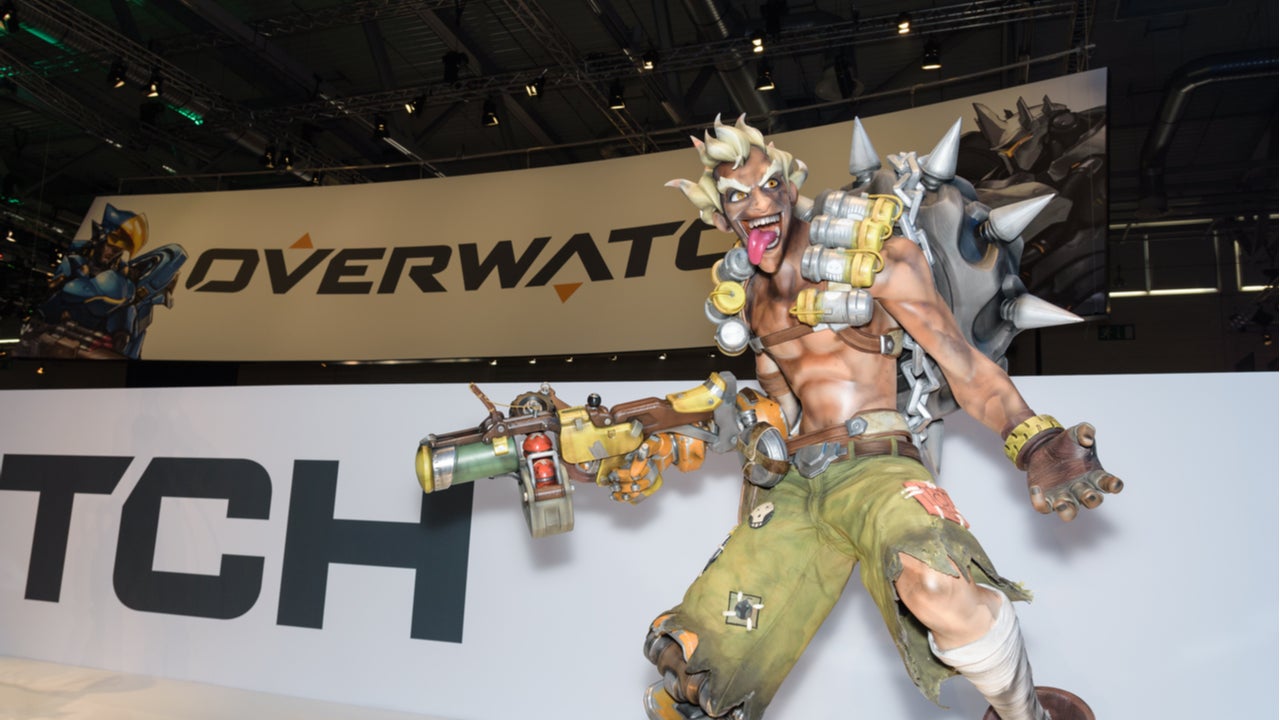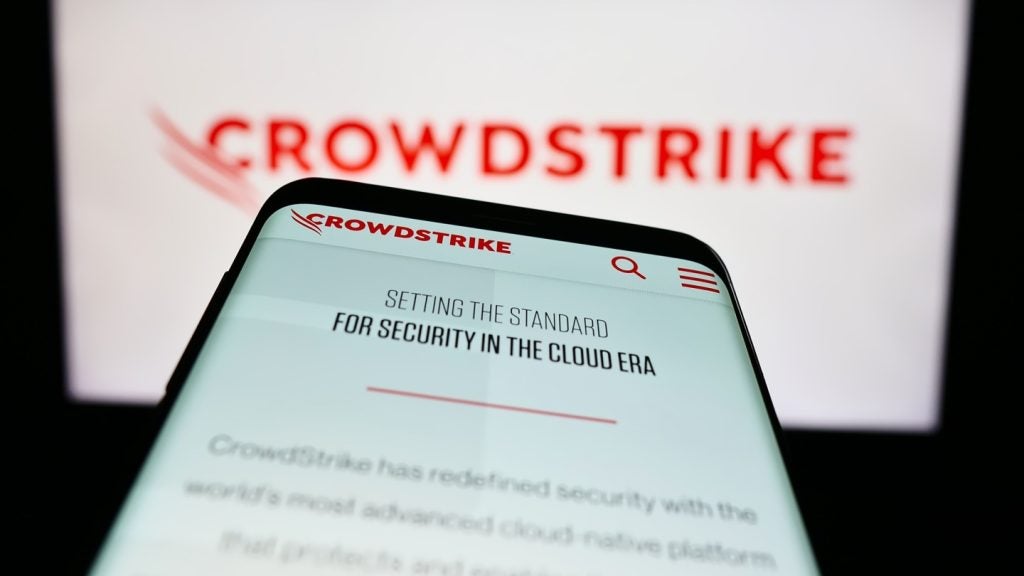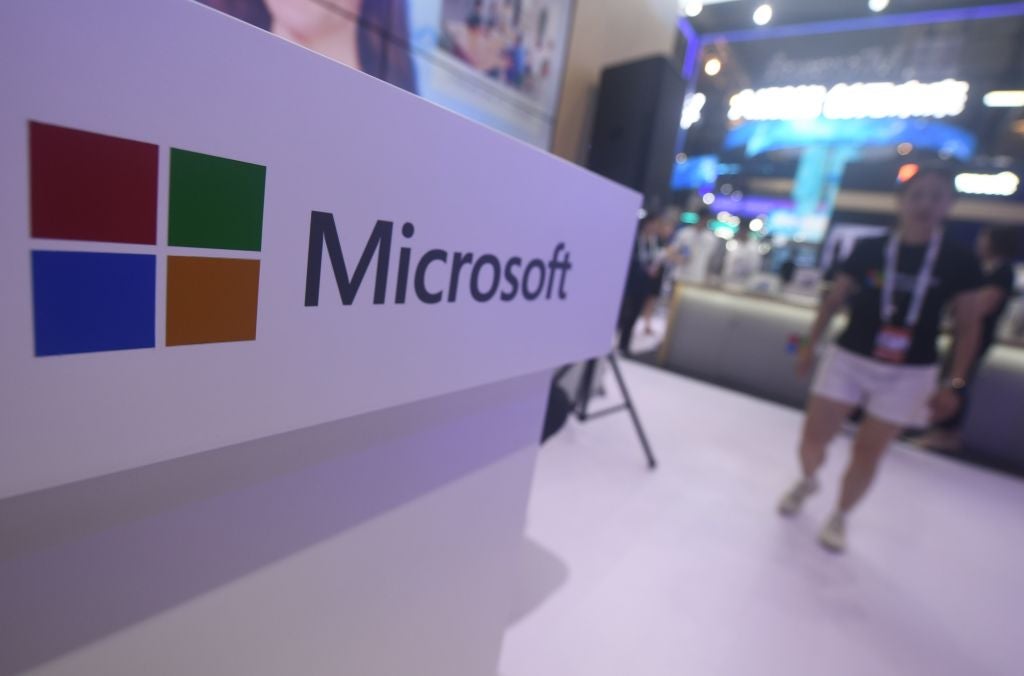The $68.7 billion acquisition of Activision Blizzard by Microsoft reflects its focus on the emerging metaverse and thriving mobile gaming and esports sectors. It sets a precedent. Tech giants will start engaging in billion-dollar M&As to position themselves in the metaverse—the next big step in digital media.
The deal will help Microsoft reinforce its position within mobile gaming esports, where it has struggled against to make a mark in the past. However, it must overcome regulatory and social hurdles to successfully integrate Activision Blizzard into the Microsoft Gaming unit.
Microsoft must overcome several hurdles
Microsoft’s key challenges with this deal will include getting regulatory approvals and addressing Activision’s negative reputation. Regulators will inspect the deal from an antitrust lens. It gives Microsoft ownership of several hit games and technologies that could be used to gain an unfair competitive advantage. Microsoft will have to convince regulators that Activision’s games will continue to be available to users on all platforms, as they are currently.
Another vital action for Microsoft is to address the negative sentiments towards Activision, both among employees and consumers. Activision’s reputation of toxic work culture and history of mismanaging sensitive issues, like sexual harassment, have seen massive public backlash. Microsoft, in contrast, is viewed as a company with strong work ethics, and it must uplift the public confidence in Activision to build on its success.
The metaverse is all about communities and gaming is an ideal starting point
Microsoft’s acquisition of Activision is focused on both communities and content—the two essential parameters for success in the metaverse. Activision’s popular gaming franchises and the communities it commands will position Microsoft as a leader in this emerging theme.
Microsoft presents formidable competition for Meta, Epic Games, Tencent, and ROBLOX, all of which are aiming to dominate the metaverse. While the metaverse is still largely conceptual, Microsoft’s strength in underlying themes such as artificial intelligence (AI), augmented reality (AR), virtual reality (VR), and cloud computing puts it ahead. Activision’s games will help Microsoft create metaverse experiences. They will also provide an established global consumer base to test and market them.
How well do you really know your competitors?
Access the most comprehensive Company Profiles on the market, powered by GlobalData. Save hours of research. Gain competitive edge.

Thank you!
Your download email will arrive shortly
Not ready to buy yet? Download a free sample
We are confident about the unique quality of our Company Profiles. However, we want you to make the most beneficial decision for your business, so we offer a free sample that you can download by submitting the below form
By GlobalDataActivision will boost Microsoft’s mobile gaming and esports capabilities
One of the quickest ways to excel in a theme is to acquire a company that is already excelling. Activision is a mobile gaming leader. It has plans to bring all its big game franchises to mobile in the coming years. Microsoft, on the contrary, has a limited presence in the mobile gaming market. Its mobile gaming portfolio has been shrinking. Popular titles like Age of Empires: Castle Siege, Gears POP!, and Minecraft Earth have been discontinued. Therefore, Activision’s global hits such as Call of Duty: Mobile, Candy Crush Saga, and Crash Bandicoot will boost Microsoft’s portfolio, giving it a leadership position in the mobile gaming market.
Activision Blizzard is also dominant in esports. Its franchises such as StarCraft, Warcraft, Hearthstone, and Overwatch are the pioneers of esports. It also runs the Call of Duty: Mobile World Championship, Overwatch League, and other tournaments. Such is the popularity of these games and events that Google paid $160 million for exclusive multi-year streaming rights to Activision Blizzard’s esports events in 2020.
In contrast, Microsoft’s esports titles—including Halo, Gears of War, and Forza—have failed to match the popularity of Activision’s titles. Additionally, in 2020, Microsoft shut down Mixer as the esports streaming service was struggling due to limited content and a lack of exclusive streaming rights. However, it seems likely that following this acquisition, Microsoft will re-establish itself in the booming esports market.









Related Company Profiles
Google LLC
Microsoft Corp
Meta Platforms Inc
Tencent Holdings Ltd
Activision Blizzard Inc